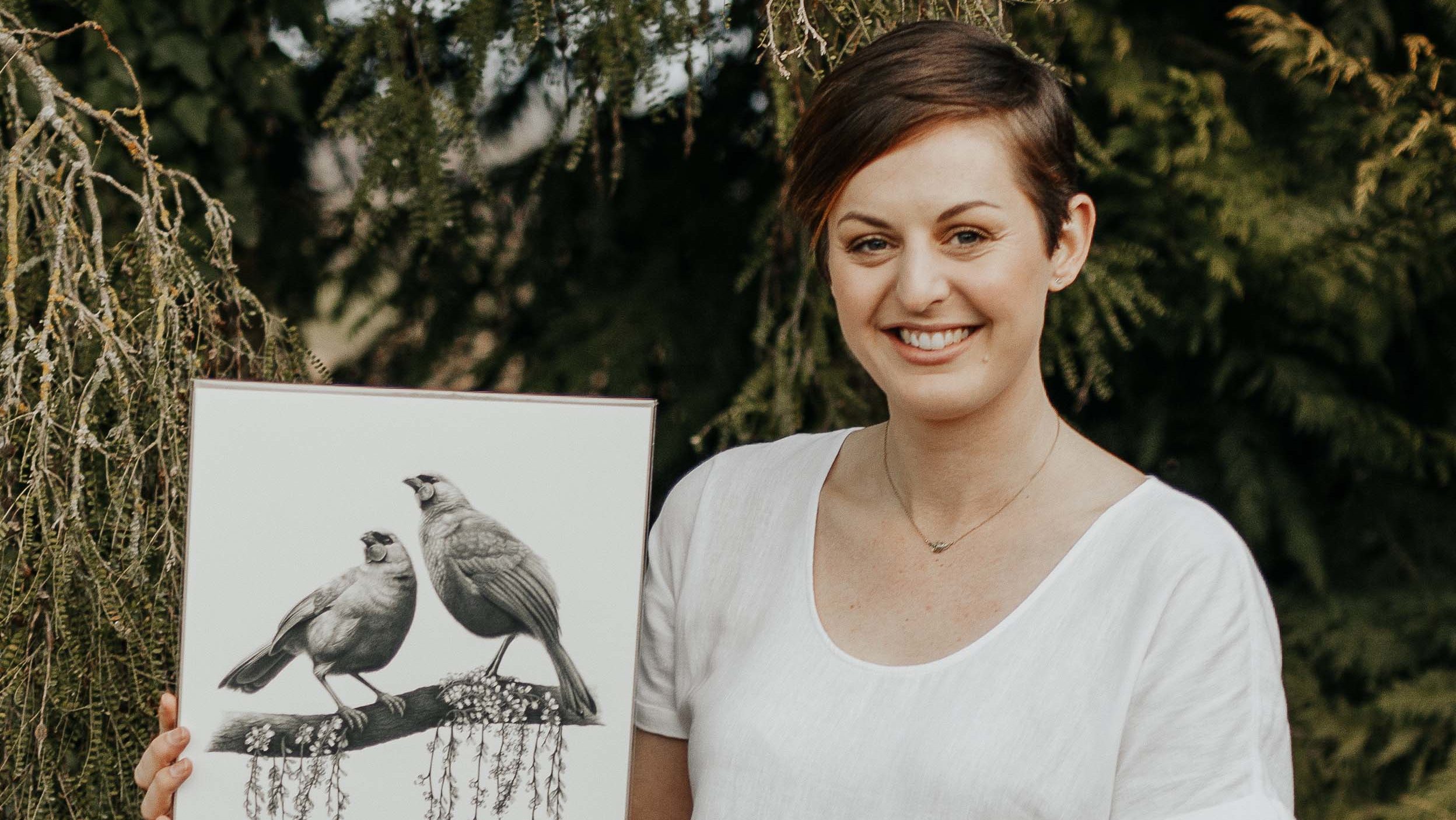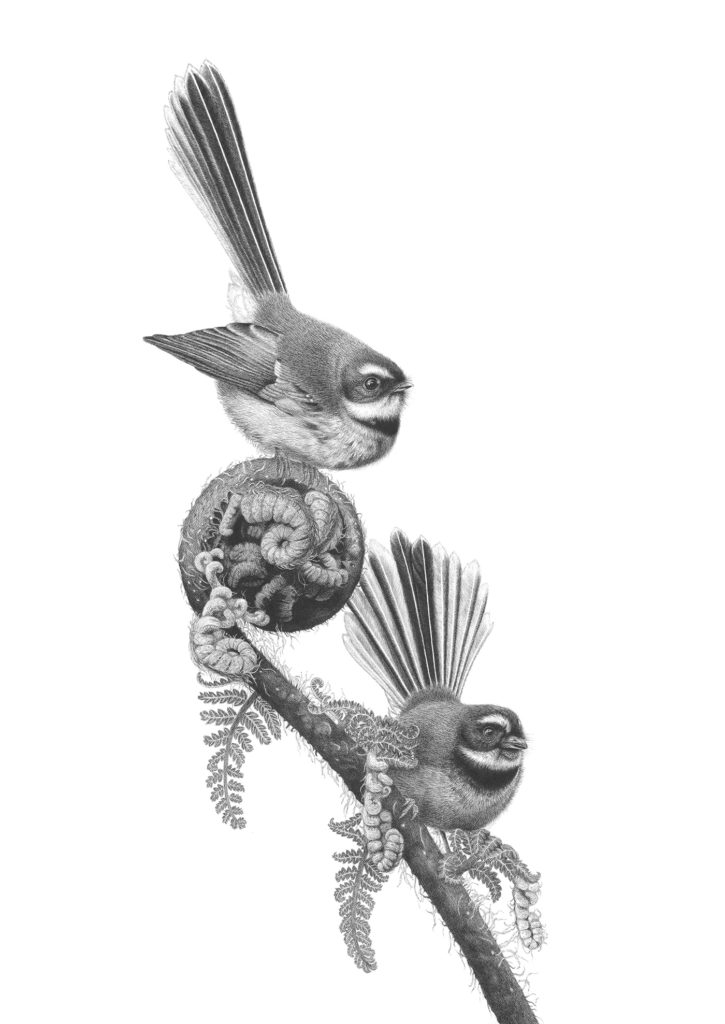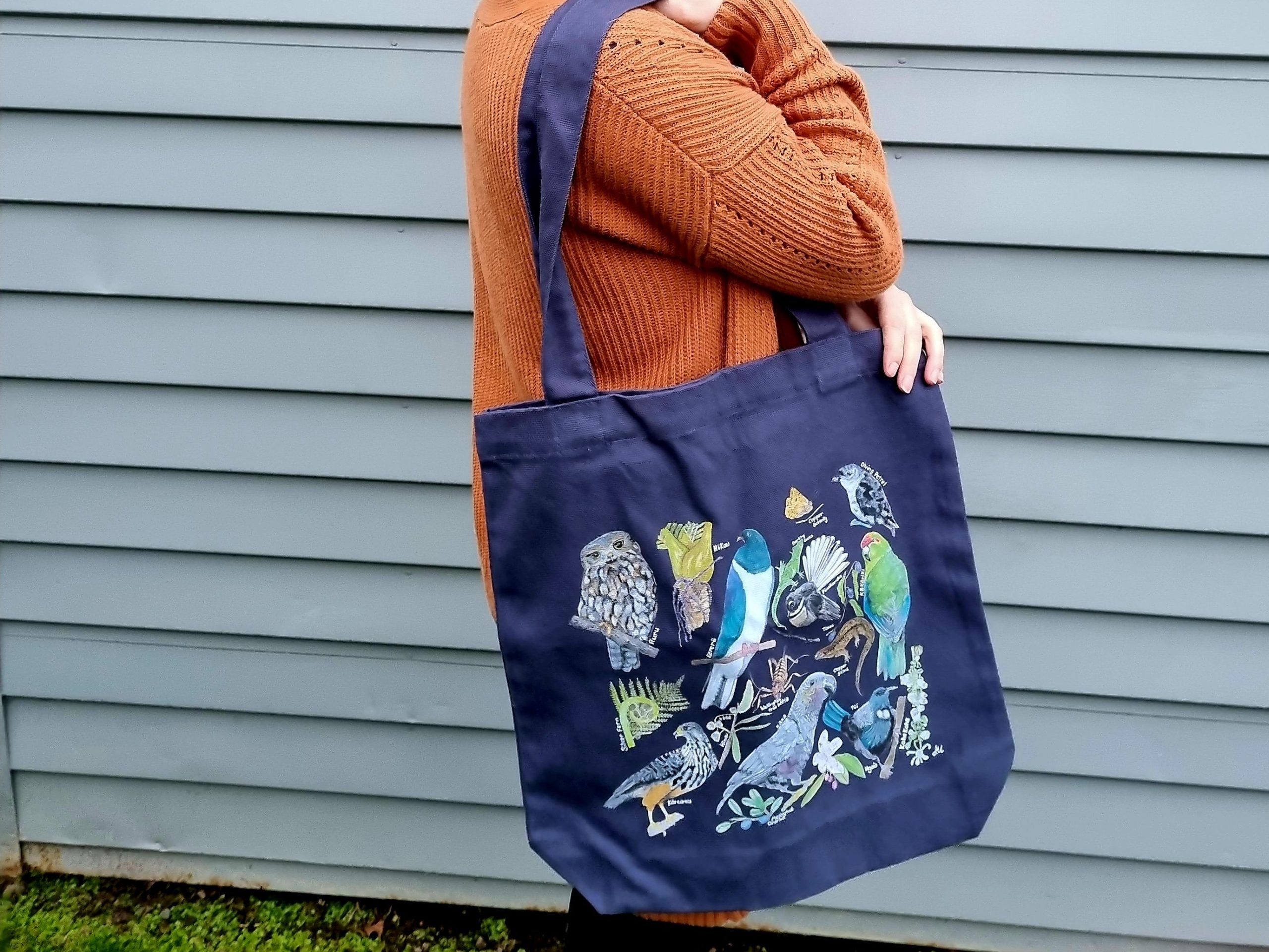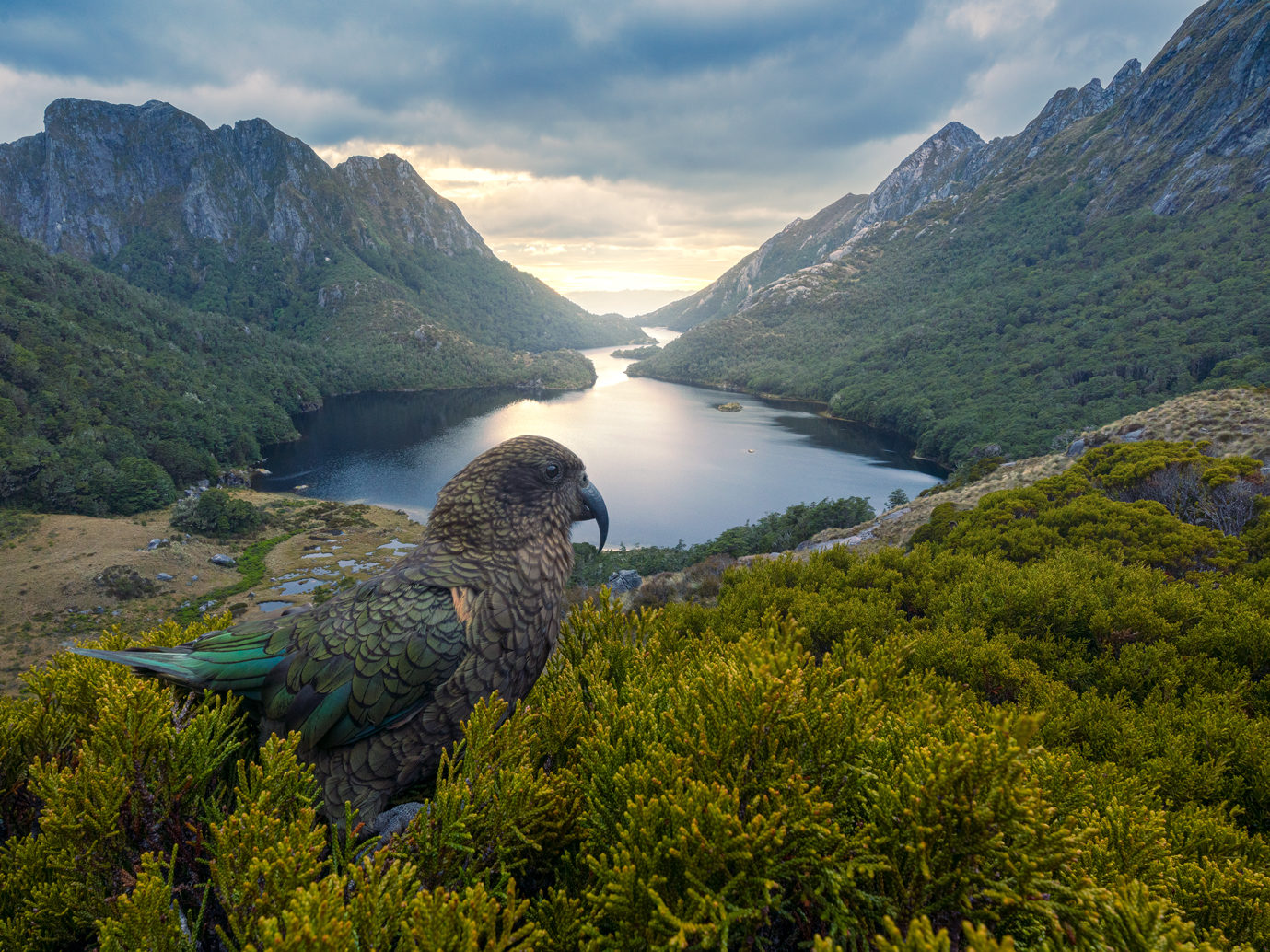When it comes to protecting the native and endemic wildlife of Aotearoa, a pen and a camera are just as vital as traps and bait.

Across the motu, artists and creatives take inspiration from our wild environments and the special animals which call them home. Their art is a celebration of these unique species but also serves as a reminder that for some, their mere existence is precarious at best.
Predator Free New Zealand Trust meets three artists donating a portion of their sales to support conservation organisations that preserve the species and environments that act as their muses.
Hannah Shand
Location: Southland
Medium: Black pigment liner on paper
Art available at: www.hannahshandart.com/shop
Social: Instagram @hannahshandart
Hannah’s meticulous and painstaking work can take anywhere between four and 16 weeks to finish, with each stroke placed exactly where it’s meant to be. Since becoming a full-time artist in 2018, she’s donated to conservation charities that help the birds she draws.
Hannah believes artists can also have an important role as advocates, bringing rare species into the public consciousness by “showcasing their beauty without having to remove them from their habitats”. She says the more people know and become passionate about these species, the more likely they’ll be to get involved in helping them. And that can only be a good thing.
“The thing I’m most proud of is that I started with quite modest amounts and have been increasing that each year. The highlight so far was raising over $10,000 for the tūturuatu (shore plover) at a New Zealand Nature Fund auction event,” she says.
“There’s so much work to be done to help our endangered native birds and there’s never enough funding available, so every extra dollar counts. I’m in a fortunate position to be able to use my art to raise funds and awareness for conservation, and I get a lot of satisfaction from that.”

Lesh McNicholl / Lesh Creates
Location: Wellington
Medium: Acrylic paint and Indian ink pen
Art available at: lesh-creates.mystorbie.com
Social: Instagram – @leshcreates

Lesh McNicholl’s art is for her children and future generations. The Wellington-based illustrator joined forces with Predator Free Wellington to design ‘Nature Revived’ which shows the many species and plants benefitting from trapping efforts in Miramar Peninsula.
Demand for the t-shirts, printed by Aotearoa New Zealand company Doodlewear, art prints and tote bags was high compared to her other designs when it was released this year.
“It made me feel so proud and happy that I’m helping make a difference with conservation,” she says.
For Lesh, giving back to worthy causes is about a responsibility to those who come after her.
“It’s so important to me to do my part so my kids, their generation and future generations can enjoy what we have now. I love seeing our native birds visiting my garden or spotting them on walks. I can’t imagine New Zealand without these precious birds.”
William Patino
Location: Te Anau
Medium: Digital camera
Art available at: www.williampatino.com
Social: Instagram @williampatino_photography
Originally from Australia, photographer William Patino now lives in Te Anau after finding himself particularly drawn to the dramatic landscapes of Fiordland and the inquisitive kea which live there.
“The landscape here has given me so much, so it only feels right to try and give back in some way. I want to help make sure that what little wilderness we have left, remains so.”

William believes art can bridge a gap between knowing and understanding while creating an emotional bond with its subject in ways that words alone can’t.
He donates to the Kea Conservation Trust and Trees That Count and says seeing tangible results in his local community is the most satisfying part.
“The school here in Te Anau helps with planting some of the trees and my wife and kids spent a day out helping. It’s awesome and rewarding to see the whole conservation process come to life. It makes a difference when you can see your donations being put to use and making a change, however big or small.”

